In a move to curb child exploitation, Japanese politician Masako Okawara has submitted a petition in the 213th Diet session calling for stricter regulations on content, including manga and anime, that feature inappropriate depictions of characters resembling children.
This initiative comes amid growing concerns over the rising number of cases of exploitative material involving minors in popular media and the inadequacies of current laws to protect them.
Recent statistics have revealed that the number of arrests for child pornography offenses has not improved despite revisions to the Child Prostitution and Child Pornography Prohibition Law. The recent high profile case of Your Name producer Koichiro Ito is an example.
Okawara’s petition is urging the government to amend the current laws, including the Prevention of Child Prostitution and Child Pornography Act, based on the 2019 recommendation from the UN Committee by criminalizing the “production, distribution, provision, sale, access, viewing and possession of images and depictions of children, or persons who primarily appear to be children, engaging in explicit sexual acts, or depictions of sexual parts of a child’s body for sexual purposes“.
Currently, the law does not regulate the images portraying sexual content in manga or anime—specifically including lolicon (depictions of young-looking female characters) and shotacon (depictions of young-looking male characters).
However, the petition particularly focuses on the aspect of imagery that is used to make characters appear as children, which might prompt the government to take a look at it once more.
The debate surrounding “loli” & “shota” characters is intense, with critics arguing that such depictions contribute to a harmful culture that normalizes the sexualization of minors.
Supporters within the anime and manga industry argue that these characters are fictional and their regulation would infringe on artistic freedom and expression.
This was evident in 2014 when a similar revision to the Child Pornography law was proposed but faced significant opposition from the industry, which claimed it would severely limit creative freedom.
Despite the precedent, Japan might consider regulating content in anime and manga owing to the alarming statistics surrounding the issue. Okawara’s petition has garnered more than 300 signatures.
As of 2022, 86% of victims were girls, with boys making up 14%, a trend that is on the rise. Even in cases where victims were identified, the number is the second highest since the pre-COVID-19 era.
When including cases determined by age assessments conducted by medical professionals, the actual number of victims is even higher.
“The neglect of the sexual commodification of children through their images perpetuates harmful values in society and gravely infringes on children’s rights to live and grow up safely and securely,” Okawara stated.
Okawara emphasized the need for comprehensive measures to curb the spread of these exploitative practices.
“The unchecked sexualization of children in media perpetuates damaging societal norms and poses a serious threat to children’s safety and well-being,” she added.
As the Prevention of Child Prostitution and Child Pornography Act approaches its 25th anniversary, Okawara stressed the importance of further amending relevant laws, including the Penal Code, Child Welfare Law, and Child Abuse Prevention Law.
By incorporating the voices of survivors of sexual abuse and exploitation, Okawara aims to strengthen enforcement measures to protect children from harm.
